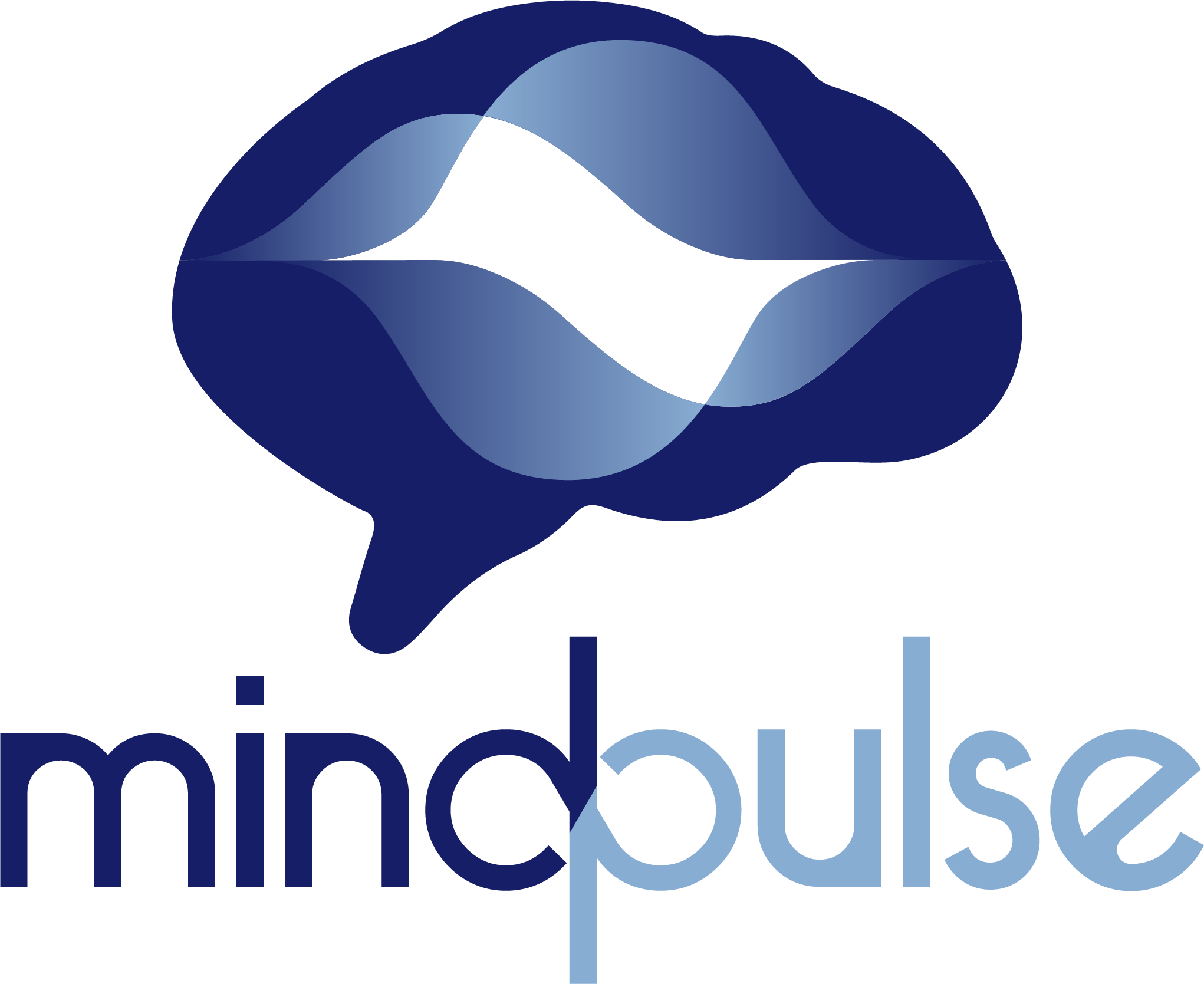Clinical Case: Antoine, 16 years old
Context : Antoine is seeking evaluation due to “moderate” learning difficulties in an adolescent diagnosed with dyslexia-dysorthographia and receiving an Individualized Education Plan (PAP) for these conditions. The family emphasizes a “lack of concentration” in the young man, while the boarding school he attends describes a lack of organization in a willing and attentive young boy His oral skills are consistently excellent.
The assessment is conducted to gain a deeper understanding of the young man’s functioning and to address attentional and executive questions.
Neuropsychological Assessment Report


WISC: Cognitive functioning is homogeneous and above average, with a particular strength in the language domain reaching the upper range.

FEA Tasks:
At the executive and attentional levels, Antoine demonstrates overall performance within the average range, which is satisfactory and does not indicate a major impairment in his attentional system. However, atypical results are observed for the Word Production and D2-r tasks, which can be directly linked to the young man’s dyslexia-dysorthographia. The naming portion of the Inhibition subtest of NEPSY-II reflects a single self-corrected error by Antoine, which remains exceptional across the entire assessment.
Many attentional/executive tests rely on alphabet automation or reading/writing skills, making them unusable for “Dys” patients. In such cases, MindPulse, which is non-verbal, is preferred.
Parental Questionnaires:
In line with what parents expressed during the anamnesis, parental questionnaires reflect a significant and overall executive and attentional complaint, with clinical scores for attention and hyperactivity issues in Antoine. However, these elements are not found either during the assessment, in the young man’s school reports, or in the evaluations and observations of other clinicians who have worked with him.
These factors raise questions about the reliability of questionnaires, which often reflect parental complaints more than an objective measure of specific functioning. It also underscores the importance of parental support and education regarding the various challenges their children face and the implications this may have on the family dynamic. In this case, the parents did not take into account their son’s known and monitored dyslexia-dysorthographia in their expectations and did not implement the adaptations outlined in the Individualized Education Plan (PAP) at home.
MindPulse test:

In Antoine’s case, there is a significant perceptual-motor slowing (z=2.42), contrasting with average executive speed (z=-0.89). Adjustment to difficulty level is also within the normal range (z=0.05), as is precision (z=-0.50), given that Antoine makes no errors. Overall, the executive and attentional balance appears satisfactory, except for the perceptual-motor slowing, which can be further explained by fatigue effects (MindPulse administered at the end of the assessment day).
The MindPulse test is remarkably sensitive, capable of detecting even subtle signs of fatigue. It possesses the unique ability to distinguish between a minor lapse in alertness, physical fatigue, and an executive impairment. Nonetheless, it’s advisable to administer the test earlier in the assessment to circumvent the slight motor slowdown associated with subject fatigue, or alternatively, to take this factor into consideration during the analysis.


The analysis of response times is also satisfactory and stable, with no excessive performance variability (z=-1.52).
Lastly, the detailed results only reveal a minor decrease in vigilance due to the adolescent’s fatigue (expected at the end of the assessment), which contrasts with an excellent level of selective attention and executive control.
Conclusion : MindPulse vs. Traditional FEA Comparison
-
MindPulse allows us to highlight the preservation of attentional and executive systems in Antoine when the tool is not influenced by the dyslexia-dysorthographia profile of the young man, in contrast to more commonly used Neuropsychology assessments. Clinical investigation reveals inconsistencies between parental complaints and professional observations. In this context, the addition of MindPulse to the standard evaluation provides evidence to exclude the presence of an additional specific attention disorder alongside Antoine’s dyslexia-dysorthographia profile. présenté par Antoine.
